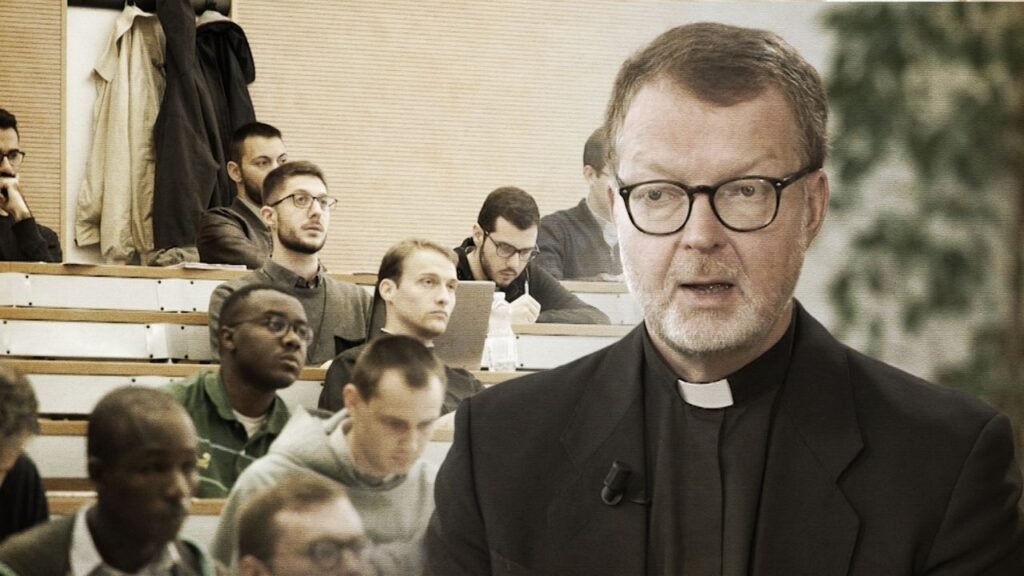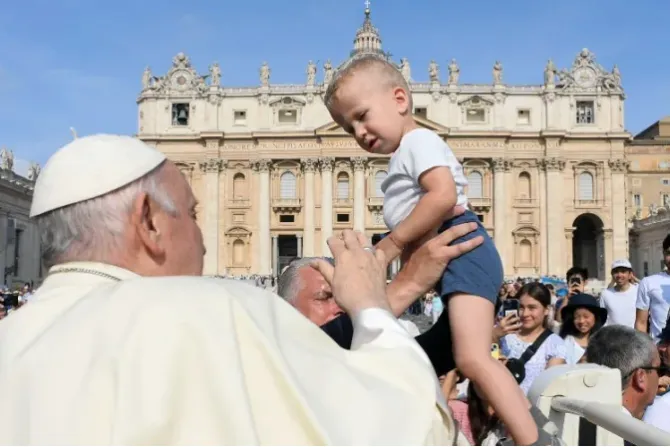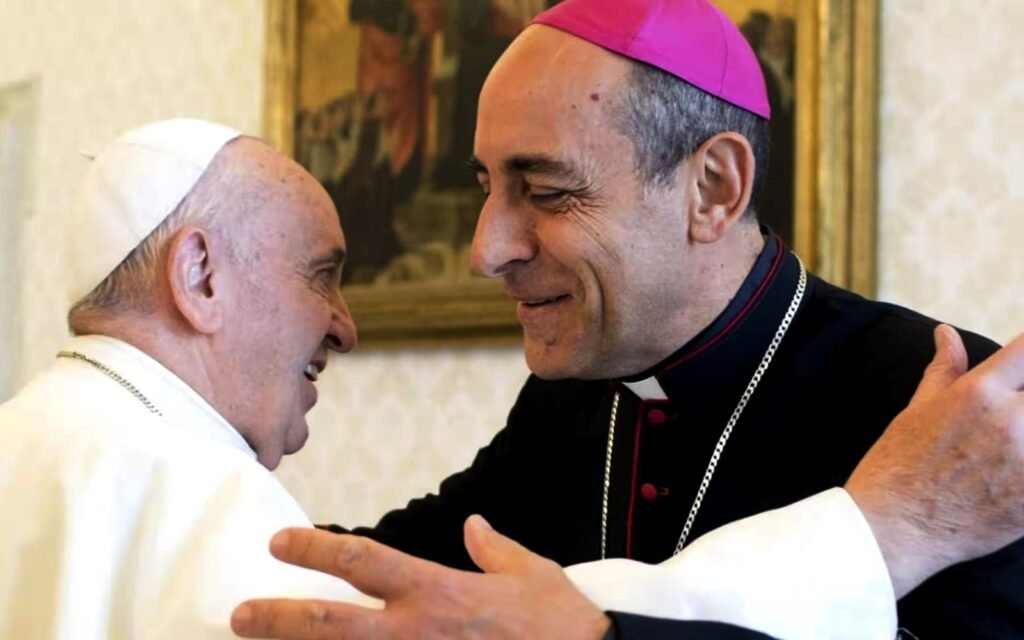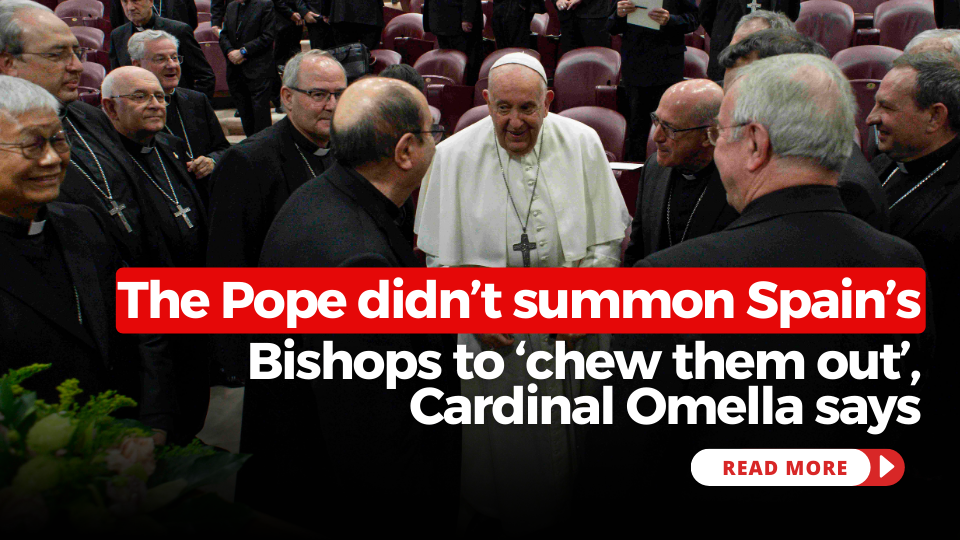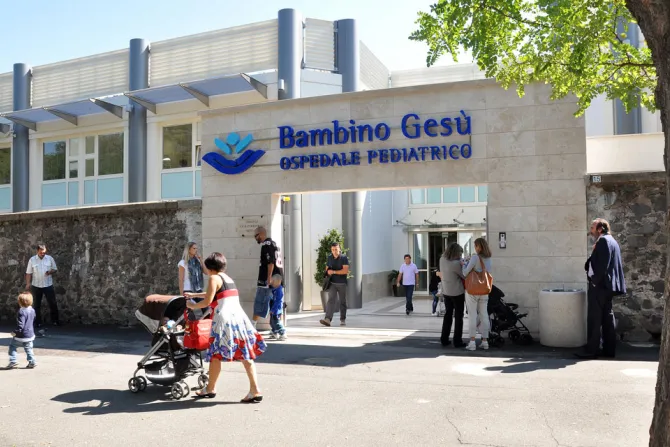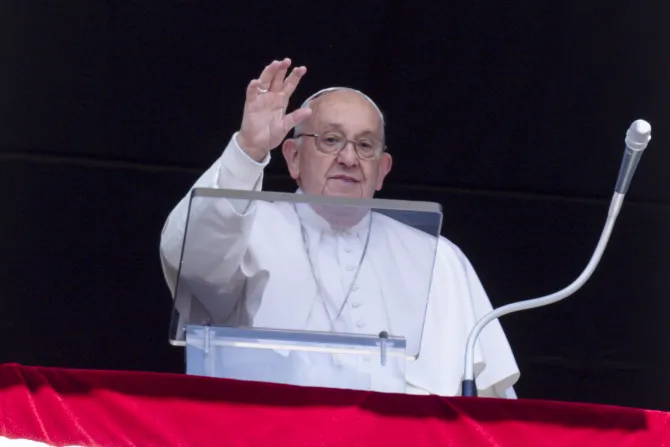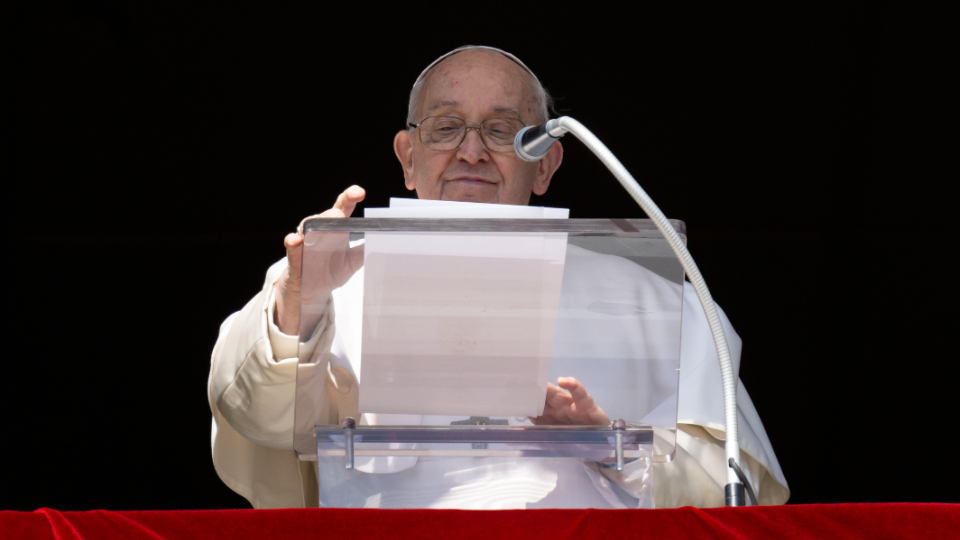Father Hans Zollner, director of the Institute of Anthropology at the Pontifical Gregorian University and one of the Catholic Church’s leading experts on safeguarding and abuse prevention, is known for his unwavering commitment to protecting of Minors. In an interview with EWTN Vatican Bureau’s Rome Correspondent, Paola Ariazza, Father Zollner discusses measures to safeguard minors in countries plagued by poverty and violence. He also highlights that while the Church has guidelines to prevent abuse, “in many places, what the Church encourages and requires is not implemented.” Father Zollner explains that he chose this work because victims personally sought his help, and he considers it a fundamental part of the Church’s mission.
Paola Ariazza — EWTN Vatican Bureau Rome Correspondent:
Father Hans Zollner, thank you for granting us this interview.
Father Hans Zollner — Director, Institute of Anthropology:
Safeguarding goes beyond issuing guidelines or holding workshops. We aim to create an atmosphere where people can feel safe and truly be safe—in safe spaces, safe relationships, and safe processes.
Paola Ariazza — EWTN Vatican Bureau Rome Correspondent:
What progress has been made in protecting minors in Latin America?
Father Hans Zollner — Director, Institute of Anthropology:
I would say that much remains to be done, but at least the Catholic Church can claim that it is committed to this issue in virtually every country. What is not going well, not only in Latin America but also in other parts of the world, is how the Catholic Church, its institutions, and its leaders address what has happened in the past—specifically, holding accountable those responsible for abuse, those who covered it up, and those tasked with reaching out to victims and their families. It is very difficult for the Catholic Church globally to admit these crimes, extend a hand, listen to victims, and do everything possible to achieve justice.
Paola Ariazza — EWTN Vatican Bureau Rome Correspondent:
The institute emphasizes preemptive education. Is there anything that can be done in terms of education to prevent this type of abuse?
Father Hans Zollner — Director, Institute of Anthropology:
Much can be done, and the Church has already indicated much in this regard. In 1992, St. John Paul II published the document Pastores Dabo Vobis, which states that human formation is the cornerstone of all other types of priestly formation—pastoral, intellectual, and spiritual.
In 2016, the Dicastery for the Clergy issued guidelines for both initial and ongoing priestly formation, emphasizing that individuals at risk of becoming abusers should be screened out during the selection process. I can confidently say that in many places, what the Church recommends and requires is not implemented.
Paola Ariazza — EWTN Vatican Bureau Rome Correspondent:
Do factors such as violence and poverty contribute to abuse? Is this a reality that affects the Church today?
Father Hans Zollner — Director, Institute of Anthropology:
Safeguarding vulnerable individuals within the Church cannot exist in a bubble. We cannot say, “In our parish, people feel safe,” while outside, in the poorest neighborhoods, people face death threats and all kinds of violence.
If you sense or see that something is wrong, trust your instincts and act. Reach out to people you trust and who are more knowledgeable about handling these situations. It is essential that dioceses and religious communities have adequately trained individuals who can provide guidance on what to do and where to direct complaints or suspicions. Immediate action is crucial to stop any abuse that may already be happening or might occur.
Paola Ariazza — EWTN Vatican Bureau Rome Correspondent:
Why did you choose to work in child protection?
Father Hans Zollner — Director, Institute of Anthropology:
Victims from different parts of the world, of various types of abuse, and in different contexts have asked for my help—both from within and outside the Church. Many, though not all, have encouraged me to continue, even when they see the toll it takes on me, my community, and our institute. We constantly face resistance within the system, the Church, and its organization at various levels.
Change is very slow—too slow in many parts of the world. Yet, I believe there is no alternative but to commit to what I believe is at the core of the Church’s mission. Everything else flows from this, and it must go beyond self-defense and personal comfort. This work reflects what Jesus did for us, and I believe it lies at the heart of my motivation.
Paola Ariazza — EWTN Vatican Bureau Rome Correspondent:
Father Hans Zollner, thank you very much.
Father Hans Zollner — Director, Institute of Anthropology:
Thank you.
Adapted by Jacob Stein

